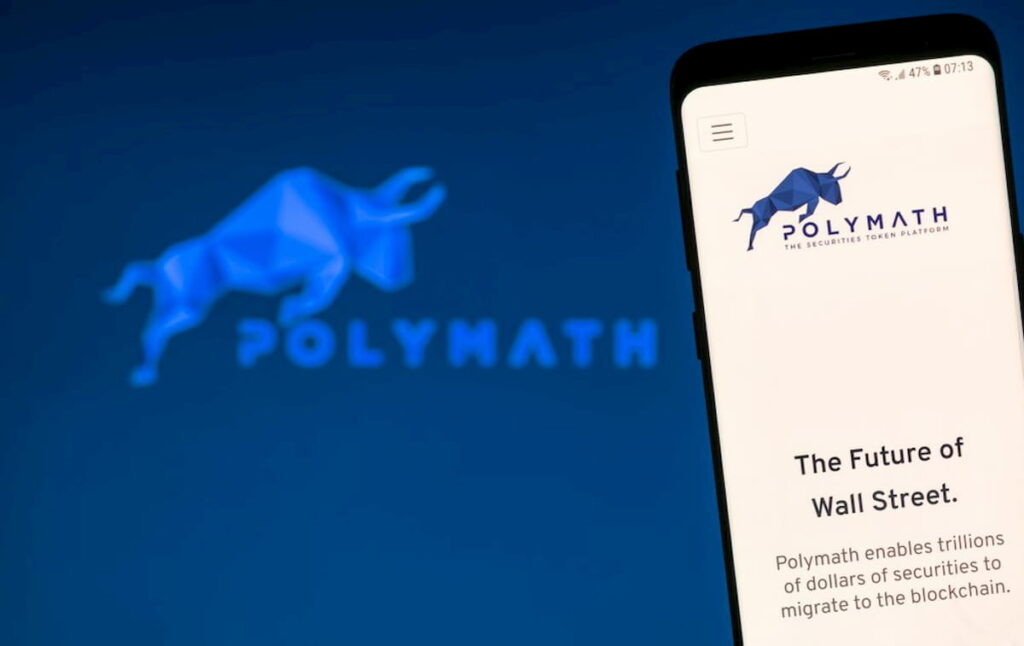The world of finance is undergoing a radical transformation, driven by the rapid emergence of digital technologies. Among these, the tokenization of assets stands out as a groundbreaking shift poised to redefine investment landscapes. Recent projections by the Boston Consulting Group and Ripple indicate that tokenized assets could grow at an impressive compound annual growth rate (CAGR) of 53%, potentially reaching a total market capitalization of $18.9 trillion within the next eight years. This significant trend highlights the explosive potential of tokenization, a technology increasingly capturing the attention of major financial entities eager to explore its implications for enhancing market liquidity, investment opportunities, and financial inclusion.
Exploring the Potential of Polymath in Asset Tokenization
The burgeoning field of asset tokenization is attracting substantial attention across various sectors, including real estate, fine art, commodities, financial instruments, and intellectual property (IP). This rising interest has caught the eye of financial titans such as BlackRock, JPMorgan, Goldman Sachs, and Citigroup. These institutions are beginning to recognize the profound potential of this technology to revolutionize traditional financial frameworks.
In this dynamic context, Polymath (POLY) emerges as a frontrunner, harnessing sophisticated institutional-grade technology and forming strategic partnerships to capitalize on its early advantage in the tokenization space.
Leveraging Cutting-Edge Blockchain Technology
Founded by Trevor Koverko in 2017, Polymath was established with a particular focus on security tokenization, successfully raising approximately $59 million by 2018. Today, Polymath offers a white-label software-as-a-service (SaaS) platform designed to facilitate the tokenization of real-world assets (RWAs). Furthermore, it operates its own layer-1 (L1) network, known as Polymesh, specifically tailored to ensure the regulatory-compliant tokenization of RWAs.
Polymath’s strategic moves include a recent collaboration with North Capital to integrate investor verification services, thereby enhancing security and compliance. Additionally, its partnership with the AI-driven financial analytics firm AnalytixInsight aims to boost market efficiencies, signaling a commitment to innovation and growth.
Future Prospects and Strategic Moves
Reflecting on recent advancements, CEO Vince Kandar emphasized the company’s strengthened position to drive innovation, ensure sustained growth, and create value for stakeholders across the board. Looking ahead, Polymath is actively working on forming new partnerships and expanding its tokenization offerings to include sectors such as real estate and gold, demonstrating vast potential for future expansion.
Is Polymath (POLY) a sustainable investment option?
Polymath’s focus on security tokenization and its strategic industry partnerships suggest a strong foundation for future growth. Potential investors should evaluate the company’s technological advancements, market trends, and competitive landscape to make informed decisions.
How does asset tokenization benefit investors?
Asset tokenization can enhance liquidity, reduce transaction costs, and provide fractional ownership opportunities, making it easier for investors to diversify their portfolios and access traditionally illiquid markets.
What sectors are most impacted by tokenization?
Tokenization is transforming various sectors, including real estate, fine art, commodities, and intellectual property, offering new investment avenues and democratizing access to these markets.
In summary, this guide delves deeply into the intricacies of Fantom, highlighting its technological foundations, investment potential, and market role. The comprehensive FAQs enrich the reader’s understanding, empowering them to make well-informed choices in the evolving world of digital finance.

